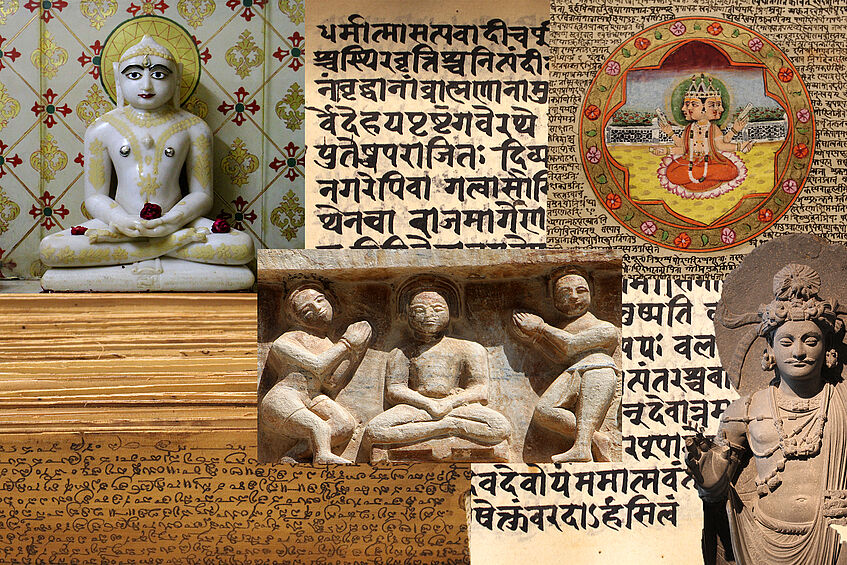Languages and Cultures of South Asia (Master)

© Universität Wien / Institut für Südasien-, Tibet- und Buddhismuskunde
The master’s programme in Languages and Cultures of South Asia provides an insight into the diversity and development of the linguistic, literary, philosophical and religious traditions of South Asia throughout its history of more than three thousand years up until the present day, while also providing an overview of the correlations between these traditions. At the same time, the master’s programme also takes into account the roles of language, literature, philosophy and religion in cultural contexts, such as economy, (regional) history, politics, society, media, arts and performing arts.
Attention
Instruction Language German
Please note that the instruction language of this programme is German. To start the degree programme, you need to hold a certificate of German proficiency on C1 level.
Facts & Figures
- Students: n.a.
- Graduates in the last academic year: n.a.
- Number of semesters needed for graduation (median): n.a.
Data updated on: 03.12.2024
Admission Procedure
Information about the admission procedure
Information on Previous Studies:
In any case eligible degree programmes at the University of Vienna:
Study Programme
The master’s programme consists of compulsory and alternative compulsory modules on the following subject areas: Language, literature and religion of the Vedic cultural period; aspects of the history of language, literature, religion and philosophy of South Asia; language, literature, religion and philosophy of non-Brahman traditions of pre-medieval South Asia; language, literature, religion and philosophy of classical and medieval cultural periods of South Asia; language, literature, religion and philosophy of modern South Asia; and philology and literary text hermeneutics. In addition, students have to complete elective modules from one of the following areas of specialisation: philosophies and religions of South Asia, and languages and literatures of South Asia.
Five Concepts
which you will deal with during your studies (examples):
- Text hermeneutics
- Religion and philosophy
- Philology
- Original sources
- Lyric poetry
... and many more.
Overview of the programme structure & topics
Here you find the current offer of courses for this programme to gain better insight into the topics and structure. For more information please click on the respective level.
After Graduation
Graduates are qualified to pursue a career in the following occupational fields:
- university and non-university teaching and research institutions
- archives, museums, libraries
- culture and education
- publishing, journalism and media
- diplomatic service and development cooperation
- tourism
- other occupational fields that require sound academic knowledge and intercultural competences and sensitivity in relation to Asian cultures.
Graduates' Perspective on the Degree Programme
Graduates ...
- find employment within 2 months after graduation on average.
- earn an average of € 2,719 (women) and € 2,702 (men) gross per month within three years after graduation.
- work full time at a percentage of 68% (women) and 62% (men) within three years after graduation.
*You can find further information on career entry and career paths in the tracking of graduates "Arts and Humanities".
